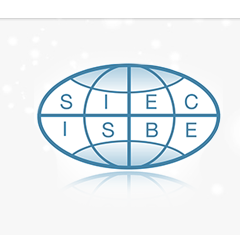Abstract
There are many calls for personalized learning (instruction) (in Germany ‘Individuelle Förderung’), especially for persons with special educational needs in the transition to vocational training or retraining. Teachers can find a variety of concepts and instruments to construct personalized learning. The challenge is to combine and to connect several concepts and instruments (e.g. for competence diagnosis or for transferring results of the competence diagnosis to support competence development) as we do not have the one unique instrument that guarantees personalized learning instruction. Furthermore, teachers and students have problems with the implementation of some concepts and instruments, considering the conditions, resources, and goals in their practical field. Against this background, the contribution looks at the question of how teachers in these courses with usually heterogeneous groups design personalized learning instruction. A focus will be on the reception, adaption, and design of concepts and instruments. Described is the research design of the case study in a practical field of vocational rehabilitation according to design-based research. Several instruments (e.g. a curriculum with learning situations of vocational orientation, a learning diary, and an individualized education plan) were designed, implemented, evaluated, and re-designed in a cooperative process between actors of practice and actors of science. Based on problem-centered interviews and group discussions during the whole design process with teachers and learners, qualitative data were collected to reconstruct the personalized learning (instruction) in this practical field. Main findings with reference to the implementation of concepts and instruments are stated. The contribution ends with a short conclusion.
Recommended Citation
Zoyke, Andrea
(2014)
"Personalized learning instruction in vocational education and training: A design-based case study on challenges and approaches,"
International Journal for Business Education: Vol. 154:
No.
1, Article 1.
DOI: https://doi.org/10.30707/IJBE154.1.1648133312.842228
Available at:
https://ir.library.illinoisstate.edu/ijbe/vol154/iss1/1

